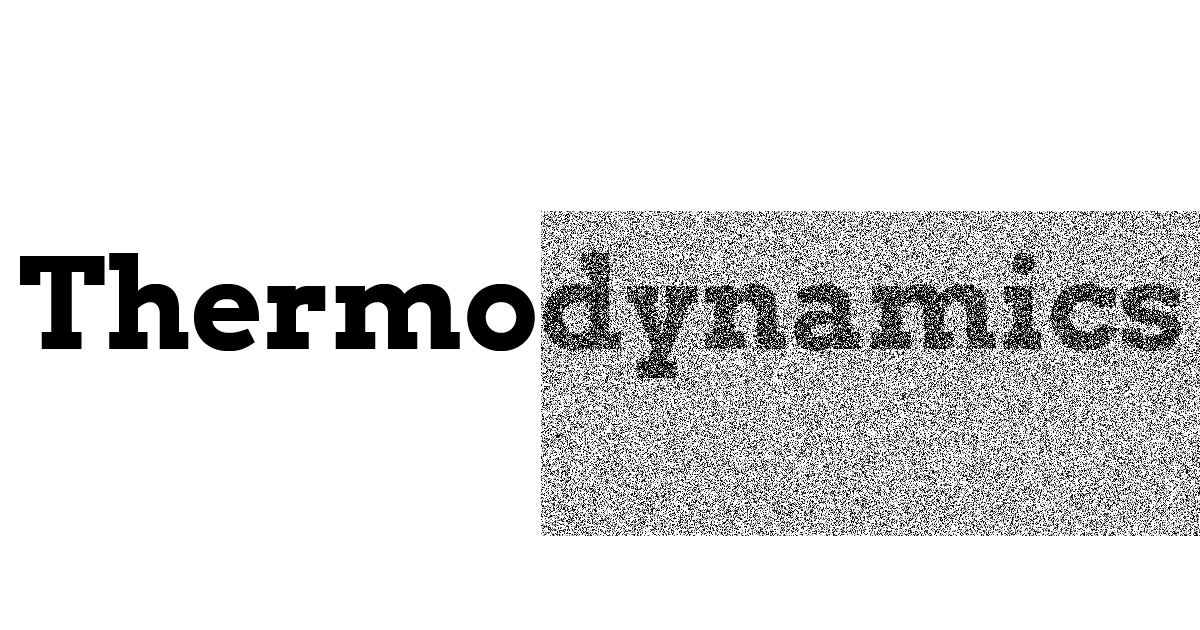The thermodynamics of ageing

In the beginning of 2017, I have read a very interesting article in the Quanta Magazin on how life and death spring from disorder. I highly recommend that you go and read it, as it presents a very clear view on energy, information and thermodynamics, and how we, and all other life-forms, can stay “ordered”.
I’ll wait for you here.
The thermodynamic view is that, basically, our body and all our cells are thermodynamic systems (see Schroedinger’s lectures “What is life”). Over time our body and cells accumulate entropy.
As we grow up and age, we first manage to control this accumulation, by taking in negative entropy in form of food from our surroundings “pausing” or “counteracting” the 2nd Law of Thermodynamics.
However, over time, entropy increases. This results in the random loss of molecular fidelity. It accumulates to slowly overwhelm maintenance systems, establishing maximum entropy, death. Having said that, there are at least 13 other biological and 4 nonbiological theories of ageing, some of which e.g. the “Misrepair Accumulation Theory” can be explained by the thermodynamics of information copying.
While thinking in thermodynamic terms about ageing looks, well, dismal and unstoppable, I find it interesting to ponder how we might be able to influence the process. If we could slow down or stop the creation of entropy, we should be able to live longer.
Actually, there are two easy ways to reduce entropy production: Fasting and sleep.
Besides having plenty positive influences on our body, fasting and sleep reduce entropy production by increasing the efficiency of our metabolism. While we fast and sleep, energy is converted almost entirely into heat, while producing lower entropy. This should, at least according to this one theory of ageing, allow us to live longer.